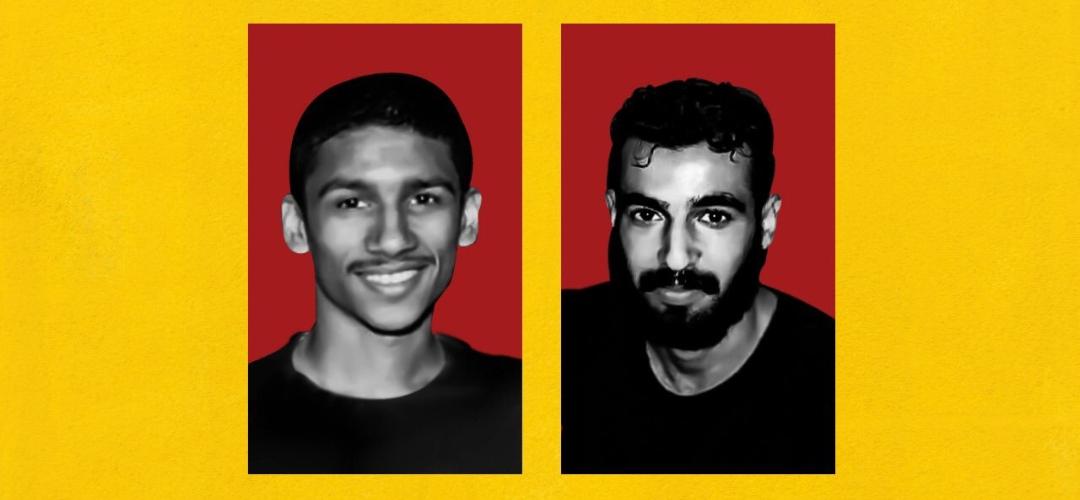Bahrain must halt the reportedly imminent execution of two men who were sentenced to death on the basis of confessions allegedly obtained through torture, and after trials which appear not to have fulfilled guarantees of fairness and due process, said a UN human rights expert.
Ali Mohamed Ali Mohamed Hakeem al-Arab and Ahmed Isa Ahmed Isa al-Malali, were reportedly arrested on 9 February 2017 during a security operation. They were allegedly subjected to torture, prevented from attending their trial and sentenced to death in absentia.
“The authorities in Bahrain must immediately halt any plans to execute these men, annul the death sentences against them and ensure they are retried in accordance with international law and standards,” said the Special Rapporteur.
“Capital punishment may only be carried out for the most serious crimes and after a legal process which has included all possible safeguards aimed at ensuring a fair trial.
“I remind Bahrain that the only thing that distinguishes capital punishment from an arbitrary execution is full respect for the most stringent due process and fair trial guarantees,” the Special Rapporteur stressed.
The expert had previously sought clarifications from the Government on this case.
ENDS
Ms Agnes Callamard, Special Rapporteur on extrajudicial, summary or arbitrary executionshas a distinguished career in human rights and humanitarian work globally. Ms Callamard is the Director of Columbia Global Freedom of Expression at Columbia University and has previously worked with Article 19 and Amnesty International. She has advised multilateral organizations and governments around the world, has led human rights investigations in more than 30 countries, and has published extensively on human rights and related fields.
The Special Rapporteurs are part of what is known as the Special Procedures of the Human Rights Council. Special Procedures, the largest body of independent experts in the UN Human Rights system, is the general name of the Council’s independent fact-finding and monitoring mechanisms that address either specific country situations or thematic issues in all parts of the world. Special Procedures experts work on a voluntary basis; they are not UN staff and do not receive a salary for their work. They are independent from any government or organization and serve in their individual capacity.
https://www.ohchr.org/EN/NewsEvents/Pages/DisplayNews.aspx?NewsID=24855&LangID=E



 العربية
العربية